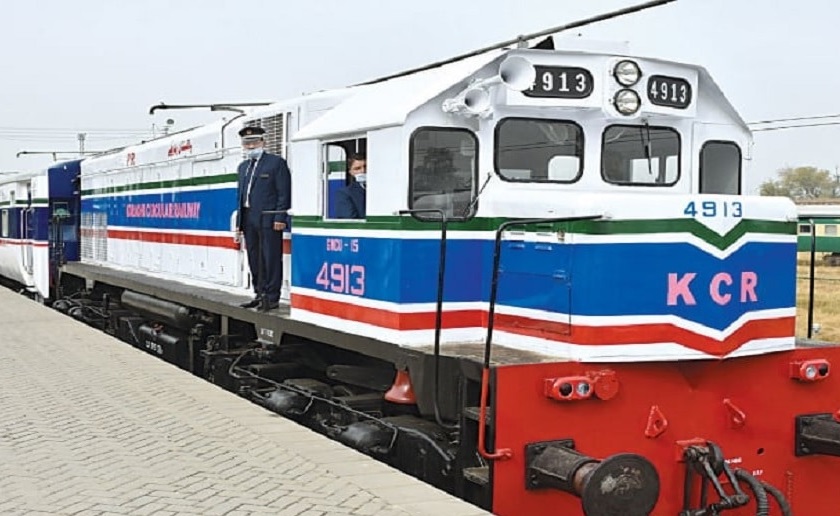The derailed INR 292.389 billion Karachi Circular Railway Project (KCR) cleared a significant hurdle to its implementation on Tuesday when it secured approval from a major government decision-making forum.
The approval of the project came at a Central Development Working Group (CDWP) meeting chaired by Federal Planning Minister Professor Ahsan Iqbal.
The project conceit the construction of a dedicated standard gauge railway, 44 km long and approximately 1,435 m wide, which will pass through Karachi’s most densely populated areas of low- and middle-educated working class and to industrial centers. Connect.
Starting from Drigh Road, it meanders through various areas such as Gulshan-e-Iqbal, Federal B Area, Liaquatabad, North Nazimabad, Nazimabad, Sindh Industrial Trading Estate (SITE) and Lyari
The range of services includes the creation of horizontal and vertical curvatures, road/rail section elements, ramp slopes, and alignment-related structural placements.
The scope of services also includes construction of railway stations, provision of drivers, information, instruction and warning signs, passenger transport signs and related facilities.
The project is part of an overall plan to improve the transport infrastructure of Karachi, Pakistan’s largest city and capital of Sindh province, including road network, provision of public transport/transport facilities and traffic management.
The development of KCR as a modern light rail will complement Karachi’s existing public transport facilities, including a private bus service under construction along part of the railway, and will continue to grow exponentially over the past decades. could not meet the demand for transportation.
The main goal of this project is to provide Karachi with a reliable, safe and environmentally friendly public transport system. The project includes the construction of a 43-kilometer double-track light rail system, which will be built over his four years.
The project aims to serve approximately 457,000 passengers per day, and is expected to increase to 1 million per day in the future. This project will use trains and will run 7 days a week, 17 hours a day. The project will build approximately 30 stations along the corridor to cover the city’s densely populated gender equality and tax implications.
